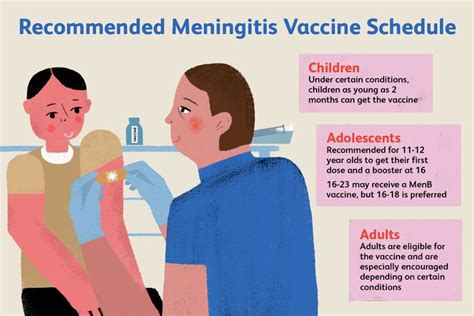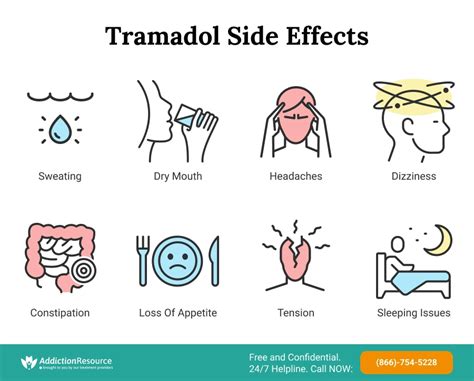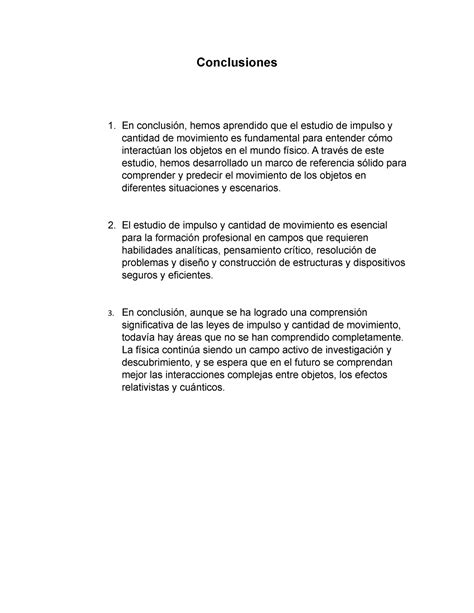Intro
Learn about 5 common Meningococcal vaccine side effects, including mild reactions, serious adverse effects, and long-term consequences, to understand the risks and benefits of immunization against Meningococcal disease.
Meningococcal vaccines are crucial in preventing meningococcal disease, a serious and potentially life-threatening infection caused by the bacterium Neisseria meningitidis. This disease can lead to meningitis, an infection of the lining around the brain and spinal cord, and septicemia, a bloodstream infection. The vaccines are especially important for adolescents and young adults, as well as for individuals with certain medical conditions or those traveling to areas where meningococcal disease is common. Despite their importance, like all vaccines, meningococcal vaccines can cause side effects. Understanding these side effects is essential for making informed decisions about vaccination.
The development of meningococcal vaccines has been a significant public health achievement, saving countless lives and reducing the incidence of meningococcal disease worldwide. These vaccines are designed to protect against several serogroups of Neisseria meningitidis, including A, B, C, W, and Y. The specific formulation of the vaccine can depend on the region and the target population, reflecting the varying epidemiology of meningococcal disease globally. For individuals considering vaccination, it's crucial to weigh the benefits against the potential risks, including side effects.
The benefits of meningococcal vaccination far outweigh the risks for most people. However, being aware of the possible side effects can help individuals prepare and understand what to expect after receiving the vaccine. Common side effects are typically mild and temporary, resolving on their own within a few days. Serious side effects are rare but can be more concerning. It's essential for healthcare providers to discuss these potential side effects with patients or their parents, especially when the vaccine is recommended for specific age groups or under particular circumstances.
Common Side Effects of Meningococcal Vaccines

Less Common Side Effects
Less common side effects can include more severe reactions at the injection site or systemic reactions such as hives, itching, or difficulty breathing. These reactions are rare and typically require medical attention. In very rare cases, individuals might experience an allergic reaction to the vaccine, which can be life-threatening and requires immediate medical intervention.Serious Side Effects and Contraindications

Special Considerations
For individuals with weakened immune systems, such as those with HIV/AIDS or taking immunosuppressive drugs, the response to the vaccine might be reduced. This does not necessarily mean the vaccine should not be given, but rather that the decision to vaccinate should be made in consultation with a healthcare provider, considering the potential benefits and risks. Pregnant women can receive meningococcal vaccines if the benefits outweigh the risks, and breastfeeding women can also be vaccinated as the vaccines are not live and therefore cannot cause infection in the baby.Managing Side Effects

Reporting Side Effects
If side effects are severe or worrisome, or if there are concerns about the vaccination, individuals should contact their healthcare provider. In many countries, there are also systems in place for reporting vaccine side effects, which helps in monitoring vaccine safety and identifying any rare but serious side effects early.Vaccine Safety and Efficacy

Vaccine Development and Future Directions
Research into meningococcal vaccines is ongoing, with efforts to improve their effectiveness, reduce side effects, and protect against more serogroups of Neisseria meningitidis. Advances in vaccine technology, such as the development of conjugate vaccines, have significantly enhanced the protective efficacy of meningococcal vaccines, especially in young children.Conclusion and Next Steps

A Call to Action
If you or someone you know is considering meningococcal vaccination, take the first step by discussing the benefits and risks with a healthcare provider. Share this information with others to spread awareness about the importance of meningococcal vaccination. Together, we can work towards reducing the incidence of meningococcal disease and protecting public health.What are the most common side effects of meningococcal vaccines?
+The most common side effects include redness, swelling, or pain at the injection site, fever, headache, and fatigue. These side effects are usually mild and temporary.
Can meningococcal vaccines cause serious side effects?
+Yes, though rare, serious side effects can include severe allergic reactions. It's essential to seek immediate medical attention if symptoms of an allergic reaction occur.
How are side effects of meningococcal vaccines managed?
+Common side effects can be managed with over-the-counter medications, cool compresses, rest, and hydration. For severe side effects, medical attention is required.
